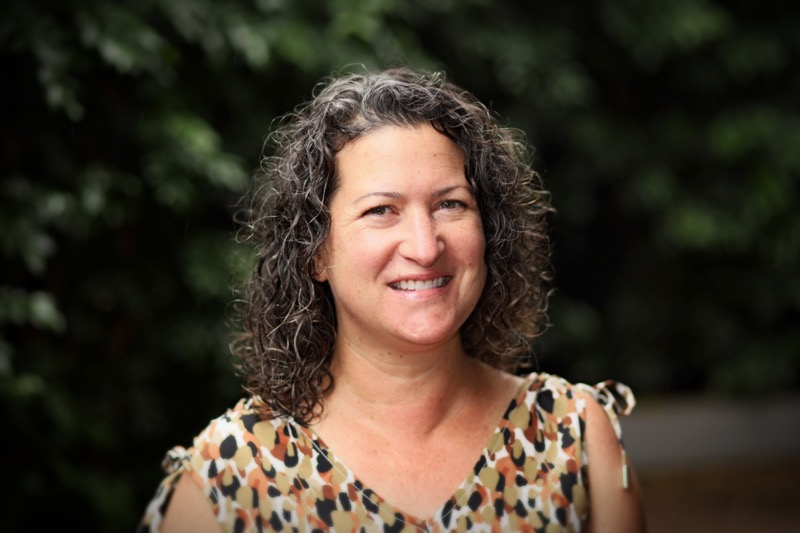
Visiting Australia from her home in Ohio, Fulbright Distinguished Chair Elizabeth Klein is examining how tobacco policies can create a healthier country. She explains her innovative eye tracking equipment, and how her family’s move to Australia has resulted in much easier trips to the beach.
What is your role and what does your work focus on?
As a Professor at Ohio State University’s College of Public Health, I study how to prevent tobacco use through policy, systems and environmental change. That means I design research to understand how we can create environments that support the healthy choices being the default choices.
In my Fulbright research project, I’m using eye tracking technology to measure how attract people’s attention to smoking cessation health messages. This technology allows us to what works best in designing health-related messages so people can consider the information and use it to change their behaviour.
We know that behaviour change is a complex process for individuals, but health messages contain information that is part of this critical process to inform and motivate change. Informed by this evidence, regulatory agencies can design health campaigns, social media content, and health warning labels that draw and keep people’s attention.
What journey brought you to this point in your career?
I’ve always been fascinated with disease prevention throughout my career. I want to know how can we help to support people choosing to make healthy changes to avoid or reduce the risk of disease.
As a behavioural epidemiologist, I’m especially interested in the prevention of tobacco use as it’s a major contributor to morbidity and mortality in the USA and Australia. Since the tobacco control policies are much stricter in Australia compared to the US, being here provides a fascinating opportunity for comparison.
What are you hoping to achieve during your time with Flinders University and Carnegie Mellon University?
I’ve been working with Sharon Lawn here at Flinders, and we are ready to go into the field to gather data.
Beyond this specific project, I aim to connect with academic groups to speak about public health research on topics from smoking cessation to COVID-19 vaccinations; I’ve also worked with Wellbeing SA to test some health messaging campaigns with my eye tracking equipment.
I’m committed to learning and experiencing as much as I can during my time in SA, despite the limitations needed for health and safety due to the COVID-19 pandemic.
What is something you are proud of?
A few weeks ago, I was awarded the 2020-2021 Excellence in Teaching for the College of Public Health at Ohio State. I take my role as an educator seriously, and I was touched and honoured to be selected by the students and faculty in recognition of my efforts as a teacher.
What does a normal day look like for you?
Five days a week I start my day with meetings with collaborators and advisees back in the US; because of the time difference, those meetings occur between 5:30-7:30 am! After I sign out of Zoom, it’s time to help my sons, Miles (8) and Baxter (13), get ready for school. Once they get off to school, I start my Australian workday, which has a lot of variety because I work from home, from Flinders and from CMU-A.
How do you like to relax or spend your spare time?
I’m a runner, and have connected with a great group of ladies in SA. It’s been a great way explore beautiful areas around Adelaide, and I’ve met some wonderful and inspirational ladies. We absolutely love being so close to the ocean, because back in Ohio, it’s a 2-hour flight to get to the ocean!

